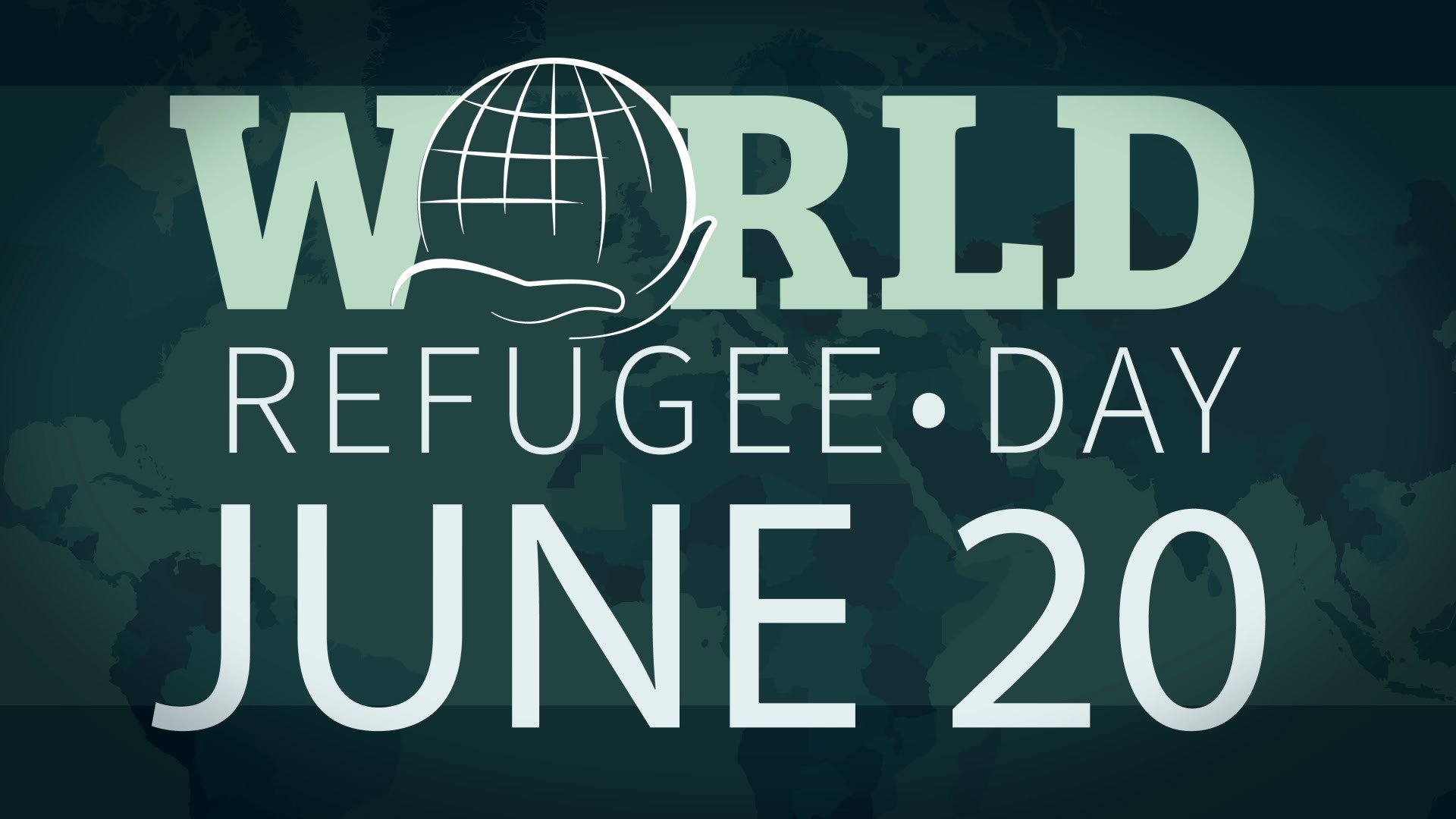Refugees - a country’s population
June 20, 2017 | Expert Insights

The UN Refugee Agency reveals that there are 65.6 million refugees towards the end of 2016, an increase of 30,000 from 65.3 million in 2015. On June 20th, as the world observes ‘World Refugee Day,’ a day that is important as millions of people around the world are being displaced due to war, atrocities, persecution and terror.
Background
The Office of the United Nations of the High Commissioner for Refugees (UNHCR), also known as the United Nations Refugee Agency was established in the year 1950, to lead a coordinated action plan to protect refugees and resolve refugee problems, internationally.
Some of the biggest refugee crises are born of ‘intolerance’. According to a Global Trends report, Syria remains to be the “world’s biggest producer of refugees”, with 12 million people displaced. The Syrian Crisis is a result of a civil war that broke out in the country in 2011, where more than half the population has been displaced, a majority of them being women and children.
The result of the crisis has led to added pressure on the neighbouring countries like Turkey, Lebanon, Jordan, Iraq, Egypt and Europe. These countries become ‘host countries’ to the refugees. Absorbing the refugees has posed quite a challenge to the host countries as it affects the stability of regions.
South Sudan is catching up to Syria with 737,400 people fleeing towards the end of 2016.
Analysis
It was reported that 2016, was the most conspicuous year for refugees. The number of refugees today is almost equivalent to 65 million, the population of the United Kingdom.
According to the UNHCR, developing countries are the host to the majority of the world’s refugees. The five countries that have taken the most refugees are developing nations like Jordan, Lebanon, Turkey, Pakistan and the Occupied Palestinian Territories. They host a staggering 50 percent of the world’s refugees, even though they make up less than 1.5 percent of the world’s economy.
The five wealthiest countries host less than 5 percent of the world’s refugees, while 86 percent of refugees are in poorer developing countries.
These are the findings of a new report by Oxfam, titled “Too small a welcome from the world’s wealthy.”
On 17th June, about 8,000 protesters took to the streets of Madrid, demanding that the government must commit to the European Union relocation plan to take in refugees. According to Amnesty International, Spain has taken only 1300 of the 17,300 that it pledged to as part of the European Union relocation plan. The massive gathering consisted of people from diverse nationalities, marching under a temperature of 40 degrees, calling out to their government to act on humanitarian grounds. This demonstration was a deep call for humanity, to act on an innate human conscience.
Assessment
Filipino Grandi, the head of UNHCR considers the refugee crisis’ figure to be a failure of international diplomacy; it symbolizes a war that will never end. He has also criticized the US and Western nations for not doing enough to share the burden of resettling refugees.
Our assessment is that given the scale of the refugee crisis and the increment since 2015, the international order has failed in resolving conflicts around the world. There is a larger dynamic to the mass movement of people. The International Crisis Group asserts that any credible response to the crisis must address its principal driver – war. Refugees do not leave their homes at the onset of violence but do so when hope for resolution is lost. Regional rivalries tend to deflect collective efforts. To resolve refugee crisis, global leaders need to take measures that are more proactive and to ensure that the United Nations is fully empowered in mediation and peacekeeping.








Comments